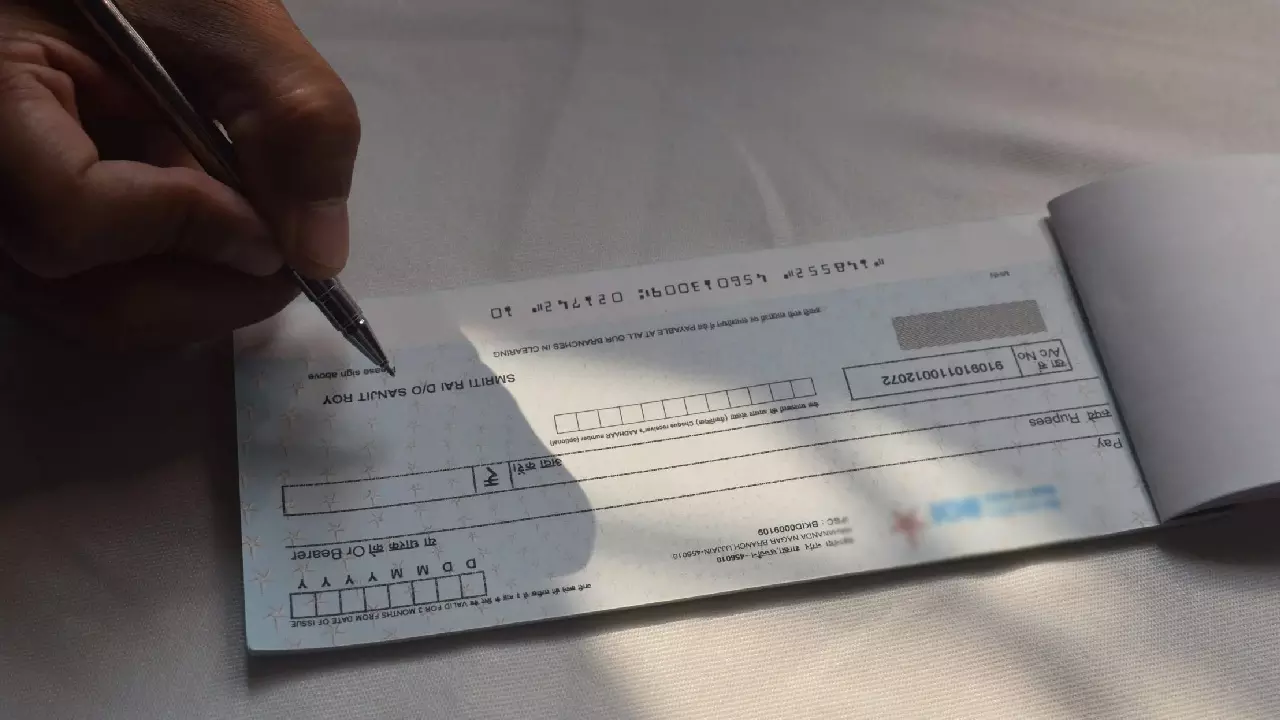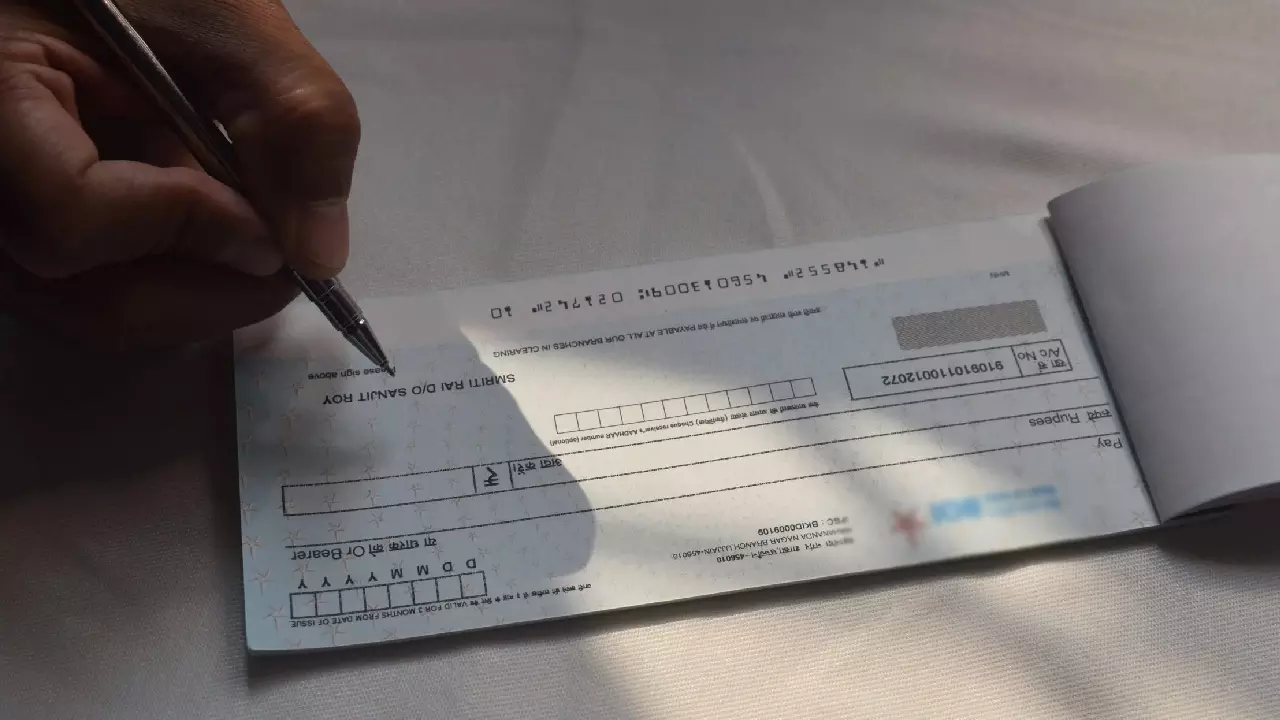Premature Complaint Can’t Be Ground For Drawer To Escape Prosecution For Cheque Dishonour Under NI Act: Karnataka High Court


The Karnataka High Court has said that drawer of the cheque can’t escape prosecution on the ground that a premature complaint for cheque dishonour was filed against him before expiry of statutory period of 15 days as per the mandate of Section 138(c) of Negotiable Instruments Act.
Justice Shivashankar Amarannavar in his order said “Drawer of the cheque cannot be allowed to escape from prosecution merely on a technical count that a premature complaint was filed against him before expiry of the statutory period of 15 days as per the mandate of Section 138(c) of N.I. Act. Such drawer of the cheque is liable to be prosecuted in a second successive complaint filed on the same facts by the holder of the cheque. The drawer of the cheque would not be absolved from penal consequences of dishonouring of cheque issued by him/her.”
The petitioner Arumugam had approached the high court against the judgment of the Sessions court which had upheld the magistrate court’s decision convicting the petitioner for cheque dishonour under Section 138 of the Negotiable Instruments Act.
Arumugam who was convicted by the trial court for offences punishable under Section 138 of the NI Act and his conviction was confirmed in appeal, had in his revision petition contended that the respondent – complainant got issued demand notice dated 30.12.2015 and the same came to be served on the petitioner on 01.01.2016. The complainant presented the complaint before the magistrate court on 13.01.2016.
Thus, it was submitted that the complaint has been filed prior to accrual of cause of action and therefore, the complaint is a pre-mature complaint.
The bench noted that a perusal of Section 138(c) of N.I. Act indicates that offence under Section 138 is made only if the drawer of the cheque fails to make the payment of the cheque amount of money to the payee or to the holder in due course of the cheque within 15 days of the receipt of the notice.
“If the payment is not made by the drawer of the cheque within 15 days of receipt of notice, then as per Section 142(b) of the N.I. Act, a complaint can be filed within a period of 1 month on the date on which the cause of action arises under Section 138(c) of the N.I. Act. Cognizance can only be taken upon a complaint submitted in writing,” the court said.
It referred to Supreme Court’s decision in Yogendra Pratap Singh Vs. Savitri Pandey (2015) where it was held that complaint under Section 138 N.I. Act filed before the expiry of 15 days of service of notice cannot be treated as a complaint in the eye of law and criminal proceedings initiated on such complaint are liable to be quashed.
It further said that apex court had held that the payee or the holder in due course of the cheque may file a fresh complaint within one month from the date of decision in the criminal case and in that event, delay in filing the complaint will be treated as having been condoned under proviso to clause (b) of Section 142 of the N.I. Act.
Accordingly it held “Judgment passed by the XIX Additional Chief Metropolitan Magistrate, Bengaluru, stands modified granting liberty to the respondent – complainant to file a fresh complaint against the petitioner – accused within a period of 1 month from today. In case such a complaint is filed by the respondent – complainant within a period of 1 month, the delay in filing the complaint would be condoned under proviso to Section 142 of the N.I. Act. It is expected from the trial Court to decide the said complaint after affording due opportunity of hearing to the petitioner – accused expeditiously as early as possible, preferably within a period of 6 months thereafter.”
The plea was disposed of.
Appearance: Advocate Praveen C for Petitioner.
Advocate B C Rajanna for Respondent
Citation No: 2025 LiveLaw (Kar) 212
Case Title: Arumugam AND Ananda
Case No: CRIMINAL REVISION PETITION No. 1021 OF 2017



